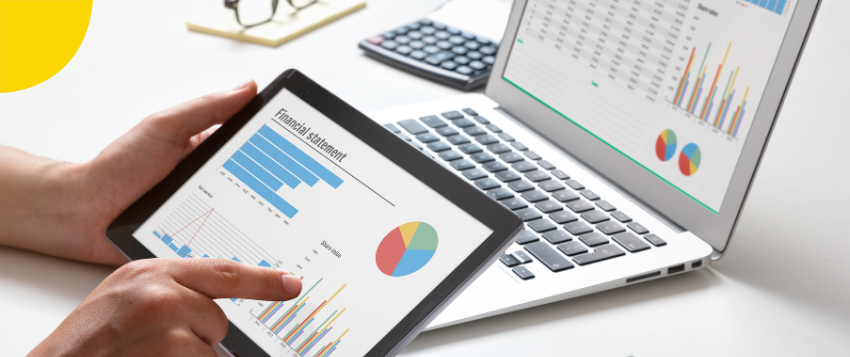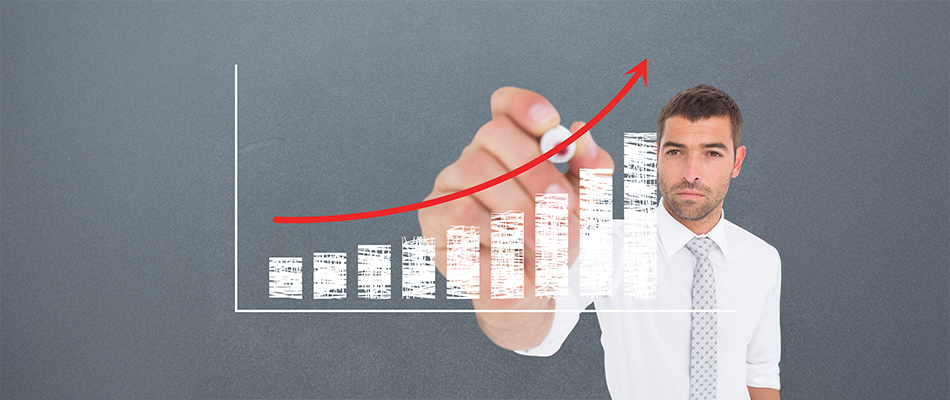Last week, we started our discussion on what investors need to consider when investing their discretionary investments in Collective Investment Schemes (CISs), or, as they are also known, unit trusts. Some of the previous considerations include the risk tolerance of the investor as well as the objective, strategy, and diversification of the fund. We also looked at why it is important to compare and consider the performance and track record of the fund. In this week’s article, we will conclude our list of considerations for what you, as an investor, need to ask and consider when investing discretionary funds in a CIS. Following this list of considerations will ensure you are equipped to make an informed decision about what CIS fits your circumstances and needs best.

Fees and Charges
It is important to understand the fees and charges associated with each CIS. These costs can impact overall returns, so it’s crucial to choose funds with competitive fees that are commensurate with the level of service and expertise provided.
Fees will always be disclosed in the Minimum Disclosure Document (MDD). The first and most important fee to consider is the management fee which covers the cost of managing the fund. It includes research, portfolio management, and administrative expenses and is usually expressed as an annual percentage of the total assets under management. The MDD will also disclose a section called “other fees” which include things such as audit fees, custodian fees, trustee fees and legal fees. Some CISs may also charge performance fees if the fund outperforms a predefined benchmark or target. The MDD will specify the conditions under which performance fees are levied, as well as the percentage of outperformance that triggers the fee. These fees are all added together and disclosed as the Total Expense Ratio (TER). The TER is considered the fixed costs of the fund, and it can easily be compared to other potential funds that the investor may consider investing in.
Transaction Costs
Following the TER, there is a fee disclosed as the TC which stands for transaction costs. The transaction cost sums the total cost of transactions made in the fund over a 12-month period and expresses it as a percentage of the total fund value. Very actively traded funds will naturally have a high TC as compared to a passively managed fund. The TER and TC are summed to show the Total Investment Cost (TIC), which is the total cost an investor would have paid annually to be invested in the fund.
It is important to understand that returns shown on the MDD are always after the above-mentioned fees are deducted. This means that returns and fees need to be considered concurrently because the fund with a lower TIC may not necessarily be a better investment than one with a high TIC. Managers that have a higher cost but can still deliver above-average returns will in most cases be the better fund to select than the one with a lower cost that also delivers low returns.
Fund Manager Expertise
Evaluate the expertise and track record of the fund manager or investment team responsible for managing the CIS. A skilled and experienced manager can play a significant role in achieving favourable returns.
Investment Strategy and Philosophy
Consider the investment strategy and philosophy of the CIS. Ask yourself, “does it align with your investment beliefs?” For some investors, it may be important to not invest in certain industries or regions. Other investors may better understand a certain investment approach that they feel more comfortable with. Ensure you understand the fund’s approach to asset allocation, share selection, and risk management and whether you are comfortable with it.
Fund Size and Liquidity
The size of a collective investment scheme can influence its ability to manage assets effectively. Funds that become too large often have challenges trying to buy or sell significant positions in the market. Executing large trades can impact market prices and may result in higher transaction costs, potentially diluting the overall performance of the fund.
Additionally, check the liquidity of the fund to ensure you can access your investments when needed. CIS funds that are daily traded means the investor can withdraw funds rather quickly. Hedge funds are often only traded monthly which can lead to delays in withdrawing your investment should you need the money.
Regular Monitoring and Review
Investing is not a one-time event; it requires regular monitoring and review. Assess the performance and progress of your collective investment schemes periodically. Be prepared to make adjustments to your portfolio as needed based on changing market conditions and personal circumstances.
Investing discretionary funds in CIS funds presents an opportunity for investors to grow their wealth and achieve financial objectives. By considering factors such as investment objectives, risk tolerance, diversification, fund performance, fees, and professional management, investors can build a well-structured portfolio that maximises returns while managing risks effectively. Regular monitoring can further enhance the investment journey, ensuring alignment with evolving financial goals and market conditions. As with any investment, a disciplined and patient approach, coupled with sound financial planning, is key to long-term success.











